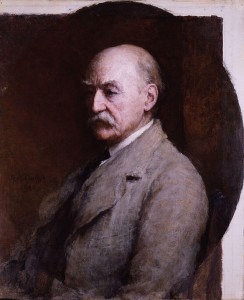
Thomas Hardy by Walter William Ouless, 1922 (London: National Portrait Gallery)
The English song composer Gerald Finzi (1901-1956) started setting Hardy’s poetry very early in his career, beginning in 1922 in his Opus 2 song cycle, By Footpath and Stile, setting 6 poems by Hardy. The large cycle A Young Man’s Exhortation, Op. 14, was begun in 1926, while Hardy was still alive. The songs come from seven different Hardy collections and from one of his dramas, and form a cycle created by Finzi himself, not Hardy.

The young Gerald Finzi
Finzi: A Young Man’s Exhortation, Op. 14: No. 1. A Young Man’s Exhortation (John Mark Ainsley, tenor; Iain Burnside, piano)
Other songs depict soldiers in camp who see girls on the beach and made them late back to camp – the soldiers are now at war and think back on those pleasant days. The setting is robust and slightly military as it marches long.
No. 3. Budmouth Dears
One interesting song is about an extraterritorial phenomenon: The Comet at Yell’ham. The poem, published in 1902, is about a comet that Hardy had seen 50 years earlier. The piano sets the mood with a high range and no detectable tempo – the poet’s entry brings us back to earth as he thinks about his own short life compared to that of the comet – and then the piano takes us away again.
No. 5. The Comet at Yell’ham
Even in just these three songs, we start to see the breadth of Hardy’s poetry and the similar breadth of vision that Finzi brought to the music. Hardy was very influential on the generation of poets who made their name around the First World War, such as Siegfried Sassoon, and on later poets including W.H. Auden and Philip Larkin. Although his poetry was initially not well received, scholars now recognize his poetry as some of the greatest in the 20th century.

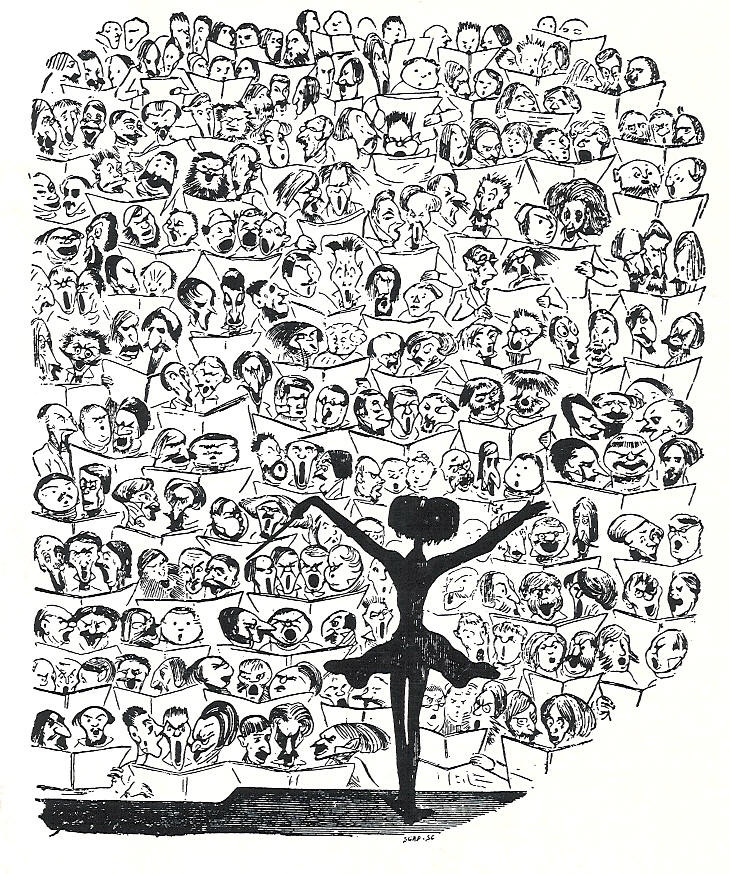
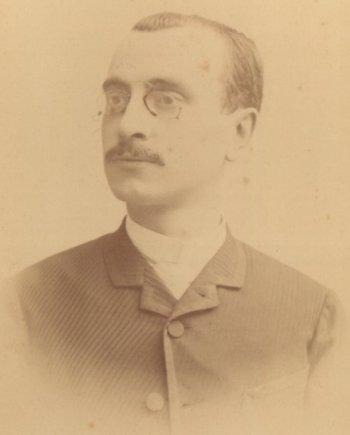
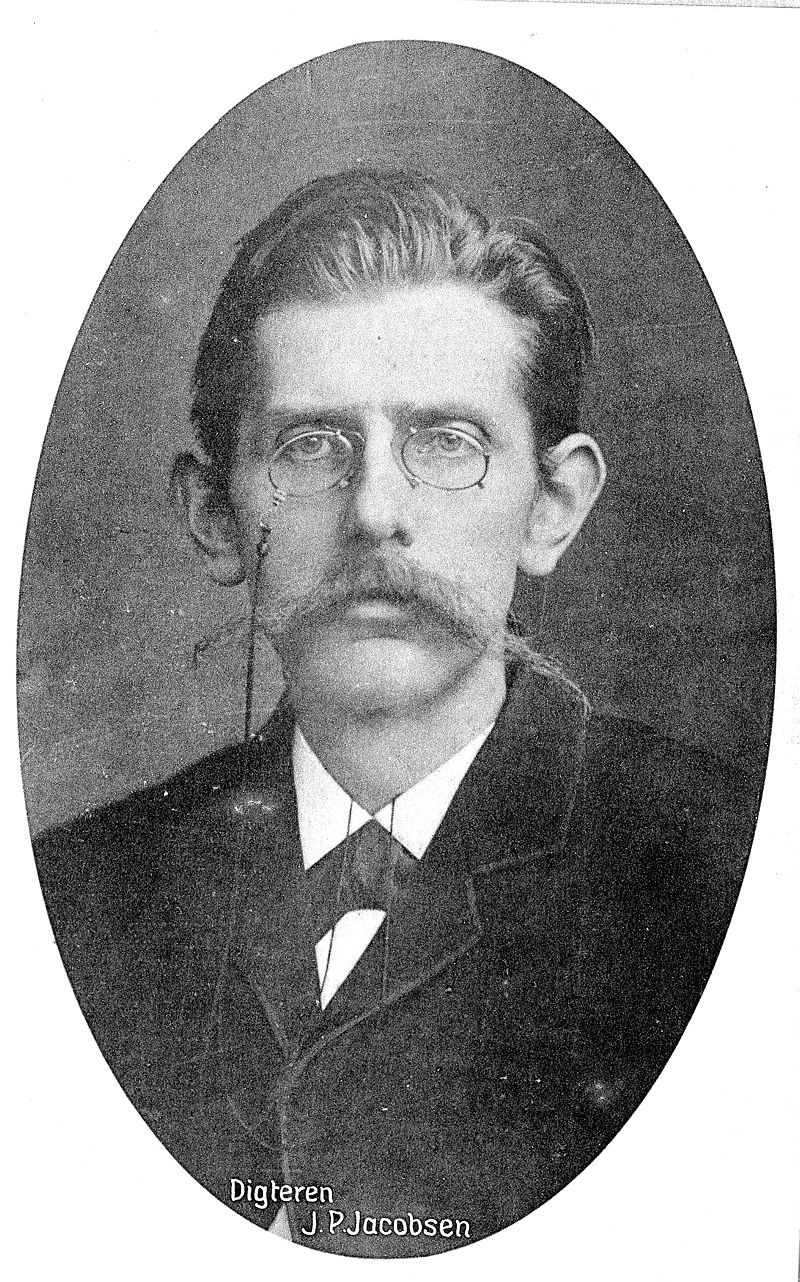
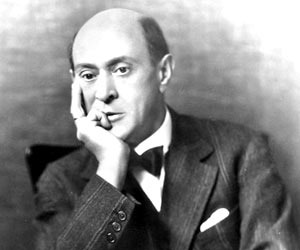
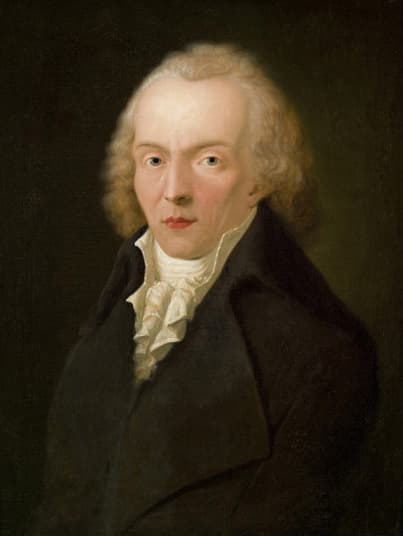
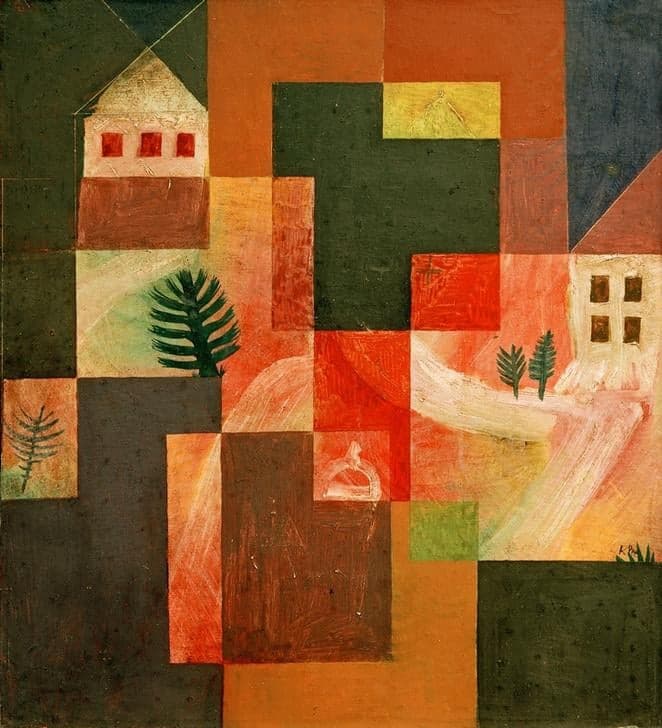
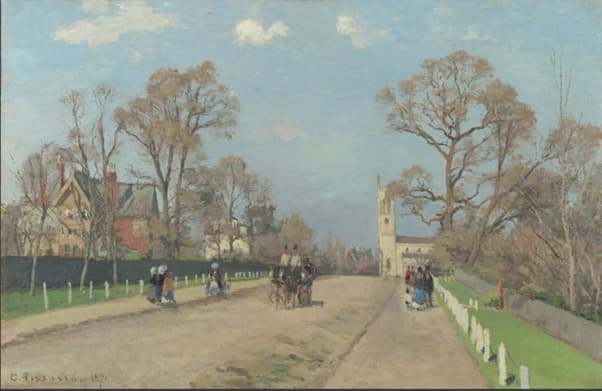
Incredibly vast analysis of all genres of music, and with interest and depth. Quite an accomplished website. Kudos